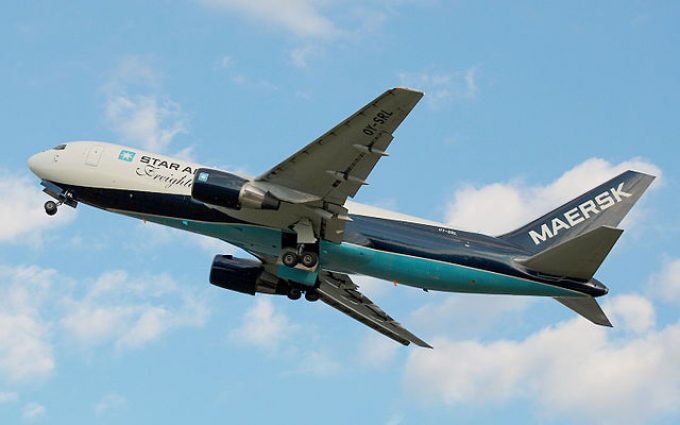CMA CGM eyes HPH sale after Ceva shines in a 'stable' second quarter
CMA CGM has expressed interest in the Hutchison Port Holdings (HPH) sale in a bid ...

“I like it. It’s a kick in the face for all those people who didn’t want change.”
So said a cargo airline executive on the moves this year by shipping lines to get into air cargo.
While for some there is unease about new airlines run by ...

Comment on this article